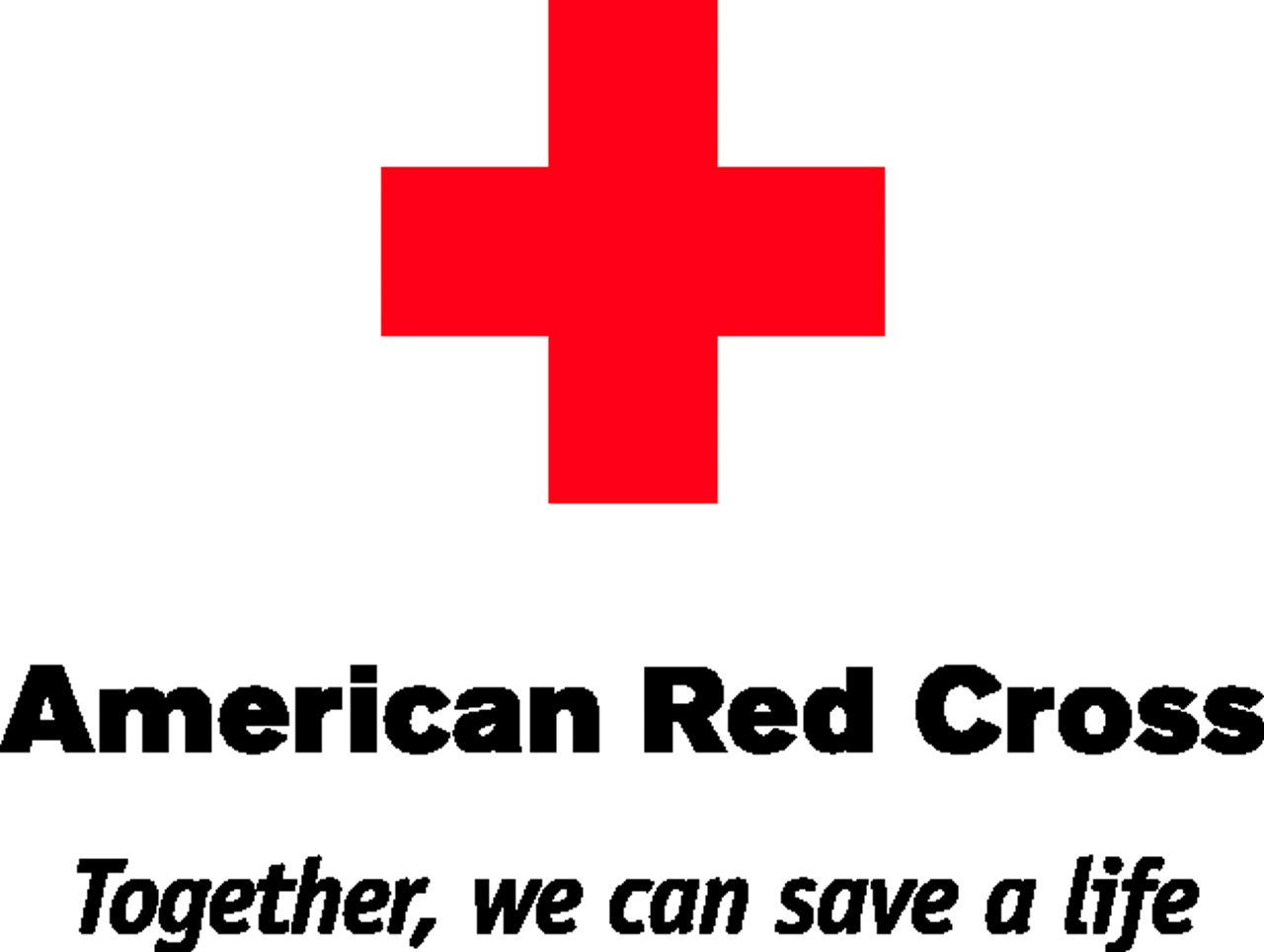Too Few Psychiatrists Answer Call

Some of the reasons include being required to participate in mandatory two-day training, being supervised by a volunteer mental health professional rather than leading the team, and having to give brief, often one-time interventions rather than therapy, according to veteran volunteer John Gergen, M.D., the former head of the department of psychiatry at the University of Illinois in Champaign.
Anthony Ng, M.D., chair of APA’s Committee on Psychiatric Dimensions of Disasters, told Psychiatric News, “The committee is aware that there are unique challenges to psychiatrists participating in active roles in disaster-response both from the psychiatric community as well as the disaster-response community. Recommendations and guidelines are needed to help psychiatrists navigate through different systems and clinical issues.”
“In addition,” he continued, “relationship building must be an essential piece of any successful psychiatric intervention in disasters. The disaster committee has as a goal to promote and encourage such networking, for example, by working with national partners including the American Red Cross, other governmental and nongovernmental agencies, and other professional organizations,” said Ng.
Susan Hamilton, an associate in the American Red Cross’s disaster mental health services, discussed attracting more psychiatrists into its volunteer ranks at the disaster committee’s fall meeting.
She told Psychiatric News, “We have realized since September 11 that we need to provide a broader spectrum of disaster mental health services and would like to see increased collaboration between psychiatrists and mental health professionals in our disaster-response efforts.”
Ng added, “Susan mentioned that she and some senior ARC staff believe there are substantial roles psychiatrists can play in disaster response.”
The disaster committee and Hamilton agreed that they will communicate more frequently, that APA will continue to participate in the American Red Cross’s disaster mental health advisory group, and that they will both promote and encourage cooperation between their local chapters and APA district branches.
Hamilton said she was pleased with the increased collaboration with APA and the possibility of establishing the first psychiatric residency disaster mental health curriculum at Oregon Health Sciences University (see Original article: story above).
Information on APA’s Committee on Psychiatric Dimensions of Disasters is posted on APA’s Web site at www.psych.org/disasterpsych/index.cfm.



